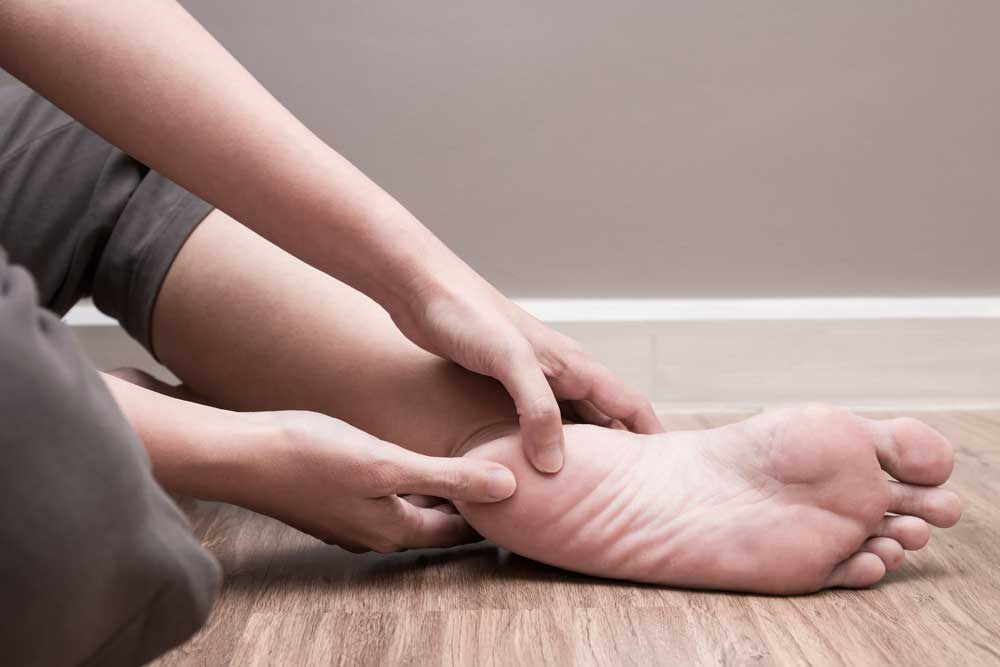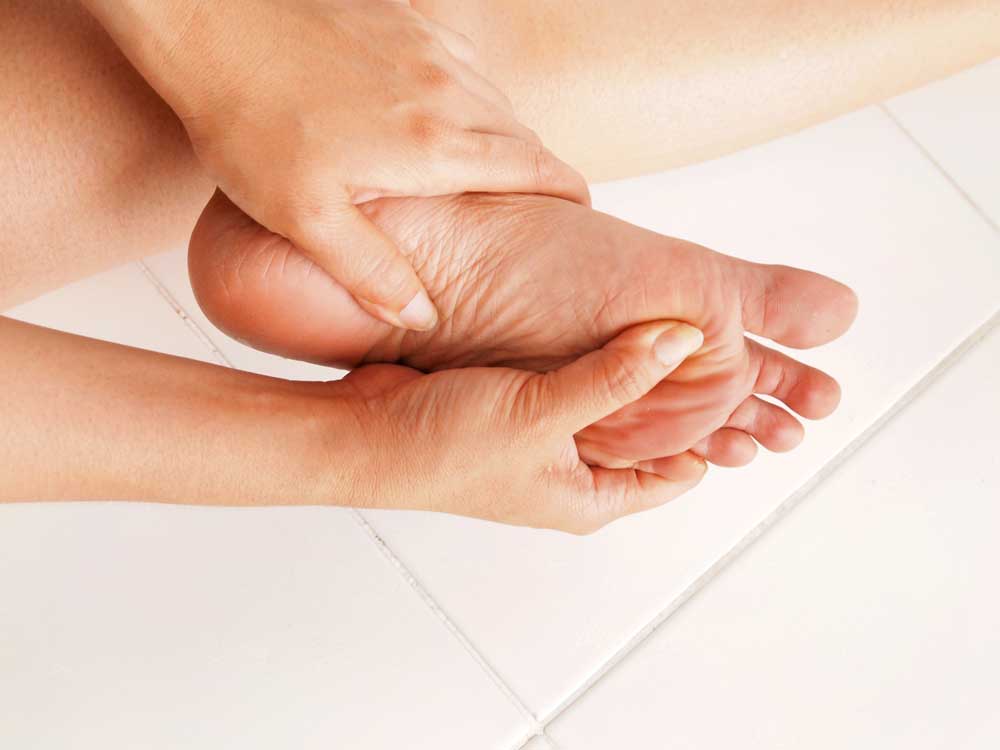There are many foods that are not considered to be healthy choices. It is fine to celebrate and have treats, but not on a regular basis. The food choices might seem to be insignificant especially for the farthest body parts from your mouth – the feet, diet and foot care are closely related. Here are a few food choices that you should make to ensure a healthy foot care. You can also talk to a Chiropodist in Surrey about treating your foot ailments.
Foods To Strengthen Bones Against Breaks
Milk tops the list as it is a rich source of calcium. However, if you are lactose intolerant or simply don’t like to drink milk, you can think about other alternatives like salmon, beans, green leafy vegetables, yogurt, almonds and lots more to complement your requirement for calcium. Calcium strengthens bone and ensures quick recovery to your feet at any age. Deficiency of calcium may lead to heel pain. Calcium is also important to prevent developing osteoporosis that weakens the bone over time. Don’t forget to take vitamin D while taking calcium as this helps the body to absorb the mineral.
Foods To Ensure Healthy Toenails
You might try externally to make your toenail remain healthy and look great. But what do you do to keep them clear and strong from inside out? This is not all about a cosmetic matter. Toenails play important role to protect the tissues around the toes from injuries and infections. Your Podiatrist in Surrey may help you with suggestions. To ensure health toenails, here are the nutrients that you must take into consideration.
- Vitamin C And Zinc
Both of them have high antioxidant property. They protect the toenails and the nail tissues from free radicals. You can consume zinc-rich foods like green beans, cheese, soybeans and pumpkin. To replenish vitamin C requirement, choose oranges, cooked leafy green vegetables and red peppers.
- Vitamin B12
Deficiency of this vitamin often leads to brittle and fragility to toenails. Foods like egg, beef, poultry and pork are rich sources of vitamin B12. Supplement can come handy for the vegans.
- Biotin
Often known as B7, this helps toenails from being weak and brittle. Nut butters, beans, mushrooms and whole grains are good sources of biotin.
Foods To Heal / Stop Foot Cramps
Cramps in the toes and feet are not uncommon. They are caused by deficiency of water, salt and different minerals like calcium, potassium and magnesium. Cramps mostly take place after a workout when you sweat a lot of these minerals out. To fill up the deficiency, you need to take something for healthy hydration. You must intake electrolytes. You can take bananas for potassium, almonds for magnesium and broccoli or spinach for both. Also, take foods as mentioned above for calcium deficiency.
Foods For Joints
There are 33 joints in each foot. If you have foot joint pain, take 1 to 3 grams of fish oil on a regular basis to reduce foot-related stiffness, inflammation and swelling. Fish oil is a rich source of omega-3 fatty acids that help increasing blood circulation, while enhancing pain recovery and reducing inflammation. They also build up and ensure lubrication to the tissues between the joints while minimising strain and friction.








